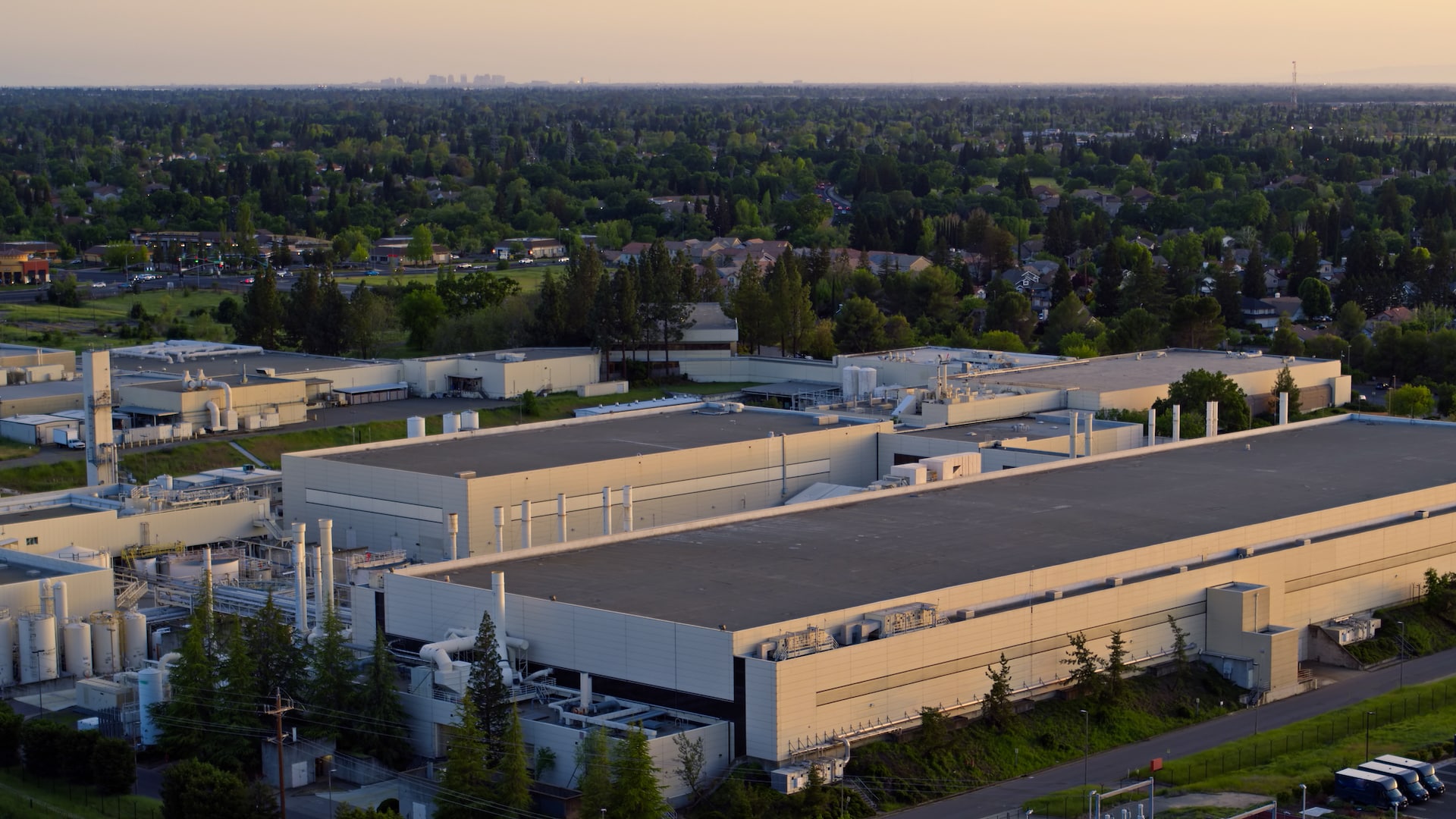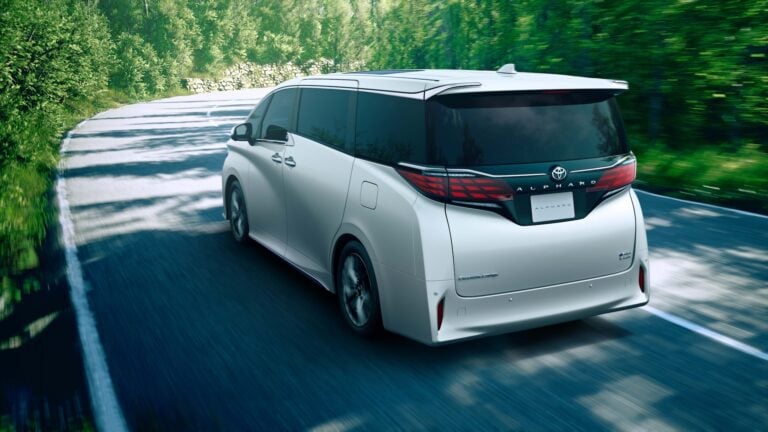What’s happening: German technology titan Bosch is scaling up its semiconductor business with a notable acquisition of assets from U.S. chipmaker TSI Semiconductors, located in Roseville, California. Aiming to further its global reach, Bosch plans to inject over 1.5 billion USD into the Roseville site in the coming years, revamping the TSI Semiconductors production facilities with cutting-edge processes.
Why it matters: This move underscores Bosch’s commitment to strengthening its silicon carbide (SiC) chip business. It expects to considerably boost its worldwide SiC chip portfolio by 2030, meeting the escalating demand for these specialized semiconductors driven primarily by the worldwide surge in electromobility. The company’s investment strategy, however, is contingent on federal funding opportunities from the CHIPS and Science Act and local economic development incentives within California. Details of the deal remain undisclosed, pending regulatory approval.
Key Points:
- TSI Semiconductors, employing 250 individuals, is a foundry for application-specific integrated circuits (ASICs). It currently manufactures high volumes of chips on 200-millimeter silicon wafers for applications in mobility, telecommunications, energy, and life sciences sectors.
- By 2026, Bosch aims to commence production of its first chips on 200-millimeter wafers made of silicon carbide at the Roseville facility.
- The acquisition will bolster Bosch’s international semiconductor production network, offering around 10,000 square meters of clean-room space in Roseville.
- Bosch has been producing SiC chips since 2021 at its Reutlingen site, near Stuttgart, using proprietary processes. The Reutlingen facility will also be retooled to produce chips on 200-millimeter wafers.
- By 2025, Bosch estimates that an average of 25 of its chips will be incorporated into every new vehicle.
- The market for SiC chips is predicted to grow by 30% annually, driven by the increasing adoption of electric vehicles. SiC chips offer improved range and efficient recharging, using up to 50% less energy than traditional silicon-based chips.
Bottom Line: The acquisition of TSI Semiconductors marks a significant step in Bosch’s strategic investment in key semiconductor technology. It will enable the company to meet the soaring demand for SiC chips, crucial to the automotive industry and electromobility. Furthermore, this international expansion underscores Bosch’s commitment to establish a strong local presence in vital electric vehicle markets while leveraging its six-decade experience in semiconductor production.








